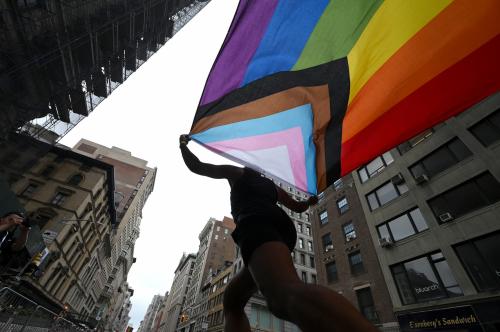

2:00 pm EDT - 3:15 pm EDT
Past Event
On June 9, the Foreign Policy program and Center for Universal Education at Brookings hosted a webinar to highlight the role of civic education and service in invigorating public life and addressing critical domestic and national security challenges. Senior Fellow Fiona Hill moderated a conversation between Reuben E. Brigety II, vice-chancellor and president of the University of the South; Avril Haines, commissioner at the National Commission on Military, National, and Public Service; Jonathan Koppell, dean of the College of Public Service and Community Solutions at Arizona State University; and Brookings scholars Andre Perry, Richard Reeves, and Rebecca Winthrop.
Hill opened the conversation by noting the particular relevance of civic education and service given the current national spotlight on racial discrimination. Haines agreed that civic engagement can play a key role in “helping us to unite and to address some of the unacceptable racial and economic inequities that exist in the United States.”
Discussing the drastic federal funding disparities between STEM (science, technology, engineering and mathematics) education and civic education, panelists remarked that civic education should be as highly prioritized as other academic competencies. According to Perry, “the advancement of academic skills void of democratic principles will have the country move further into a land of anomie and descent.” Regarding models of civic education internationally, Winthrop emphasized that there are already great models within the U.S. that should be better funded and nationally scaled.
Brigety argued that we do not lack knowledge of the benefits of civic education and public service, but there is insufficient leadership and political will to implement the necessary policy changes. Additionally, he scrutinized the use of education to strengthen the civic fabric of the nation, explaining that “civics for some people actually sounds like indoctrination to others because it presumes that there is a right way for us to approach the organization of our society.” Winthrop added that there is a larger consensus about the value of civic education in the K-12 space than at the university level, while Reeves commented that references to a shared civic fabric “can be used as a cloak, as a way to cover up and to disguise the kinds of structural, hard inequalities that so many Americans face.”
The importance of combatting structural inequalities to reinvigorate civic engagement was a central theme. When it comes to democratic values, “it is better to show than to tell,” Perry urged. “Society is better off when students see equity in funding and diversity amongst the ranks of educational systems,” rather than when they hear abstract lessons about civic values. Winthrop agreed, adding that there is both an “explicit” curriculum — what is officially taught in classrooms — and a “hidden” one. It is through this hidden curriculum, she said, that systemic racism can often “keep kids from having an equal opportunity experience,” in policing and school disciplinary policy, for instance.
Likewise, Reeves pointed out that a recurring issue with public service programs, such as AmeriCorps, is their inaccessibility due to the low compensation they offer. Making public service more attractive and financially feasible for people of all backgrounds would have cascading positive impacts. As Koppell argued, if we adopt the idea that public service can be a mechanism by which “we bring people together, provide skills, get people on an educational pathway, I think we have the nuggets of a broad solution that we can get behind.”
Panelist
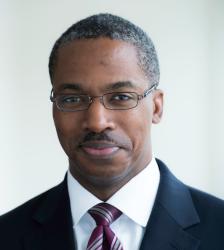

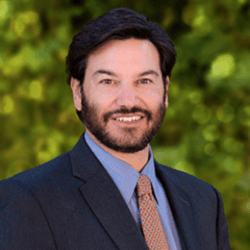
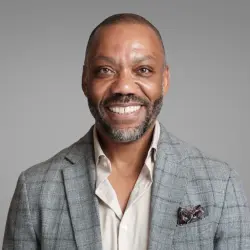
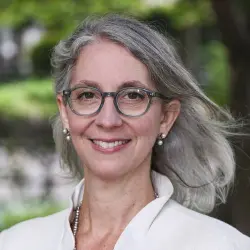

Jonathan Rauch
September 6, 2024

Jon Valant
September 5, 2024
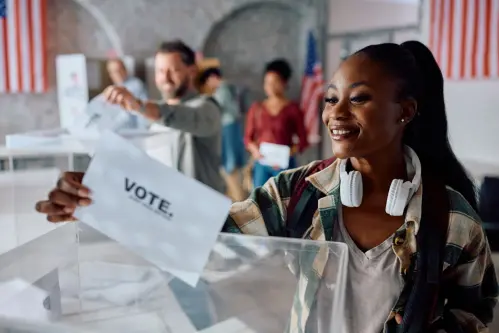
Zachary Billot, Annie Vong, Nicole Dias Del Valle, Emily Markovich Morris
August 26, 2024